The poorest 20% of Bulgaria’s population face a greater risks compared to the richest 20% in terms of Covid-19, analysts from the Institute for Social and Trade Union Research (ISTUR) at the Confederation of Independent Trade Unions in Bulgaria (CITUB) contend. Poorer households cannot take care of their health in full. These people often suffer from underlying medical conditions, which puts them in a riskier group. They remain less educated and are at higher risk of losing their job. Thus, there are economic preconditions for this part of the Bulgarian households to emerge from the coronavirus crisis poorer.
Health expenditures of Bulgaria’s households are disproportionately high compared to their income. They lead to the so-called "health inequalities", which are more pronounced among people with incomes below the poverty line, CITUB economic expert Lyuboslav Kostov explained in an interview for BNR, referring to data of the National Statistical Institute.

"The medical crisis will pose many challenges to people and their incomes. This is already evident – in recent years,middle-income households have spent nearly 30% of their income on medicines, hospital treatment, medical examinations and treatment. Bulgarians receiving minimum wage and minimum pension face much serious problems, because they spendbetween 50% and 118% of their monthly incomes to cover their healthcare needs”.
In this situation, low-income people resort to borrowing quick consumer loans or other types of loans to meet their immediate needs. This was valid for our country long before the coronavirus. Currently, people stockpile medicines, undergo various medical examinations and tests which costs a lot of money. "Therefore,medium-income households, which normally pay an average of 30% of their monthly incomes on healthcare, will start spending 60-80% of their income next year.Low-income people will resort to more and more loans”.
Children and relatives of low-income people often help them with money. In Lyuboslav Kostov’s words, the Bulgarian society will face another issue- to solve the problems with inequalities caused by the health crisis.

Data of the Institute for Social and Trade Union Research at CITUB on the cost of living in Bulgaria in the third quarter of 2020 showed that two-thirds of the households live with a total income per household member below the necessary means of subsistence. The number of poor people remains at almost the same levels as in the previous quarter, but as compared to December 2019, their number increased by nearly 200,000. According to trade union experts, on one hand this is due to the increase of the poverty line, but on the other hand, to the fact that the Covid-19 pandemic has impacted the poorest people the most. The coronavirus crisis has exacerbated inequalities, because low-paid and low-qualified workers were the first to lose their jobs during the pandemic.
"For me, this is very worrying and we should find a way to help the people who spend most of their incomes on medical treatment”, economic expert Lyuboslav Kostov pointed out.
English version: Kostadin Atanasov
Photos: Facebook/ CITUB, Lyuboslav Kostov and BTA
On the occasion of the upcoming National Holiday - March 3 and 147 years since the Liberation of Bulgaria from Ottoman rule, the Regional Library in the city of Yambol is conducting the campaign "Let's Read for Bulgaria". The goal is..
The Aviation Training Center at Sofia Airport has received accreditation from the Airports Council International (ACI) and joins the elite group of 21 training hubs, including those at leading European airports such as Munich,..
The Museum of the Bulgarian National Revival in Varna presents a collection of 15 authentic folk costumes from the collection of the Historical Museum in the town of Popovo. The valuable costumes are from the regions of Elhovo,..
Exactly 3 years ago, on February 24, Russia’s invasion of Ukraine began – an event that woke up Europe 77 years after the end of World War II and called..

+359 2 9336 661
